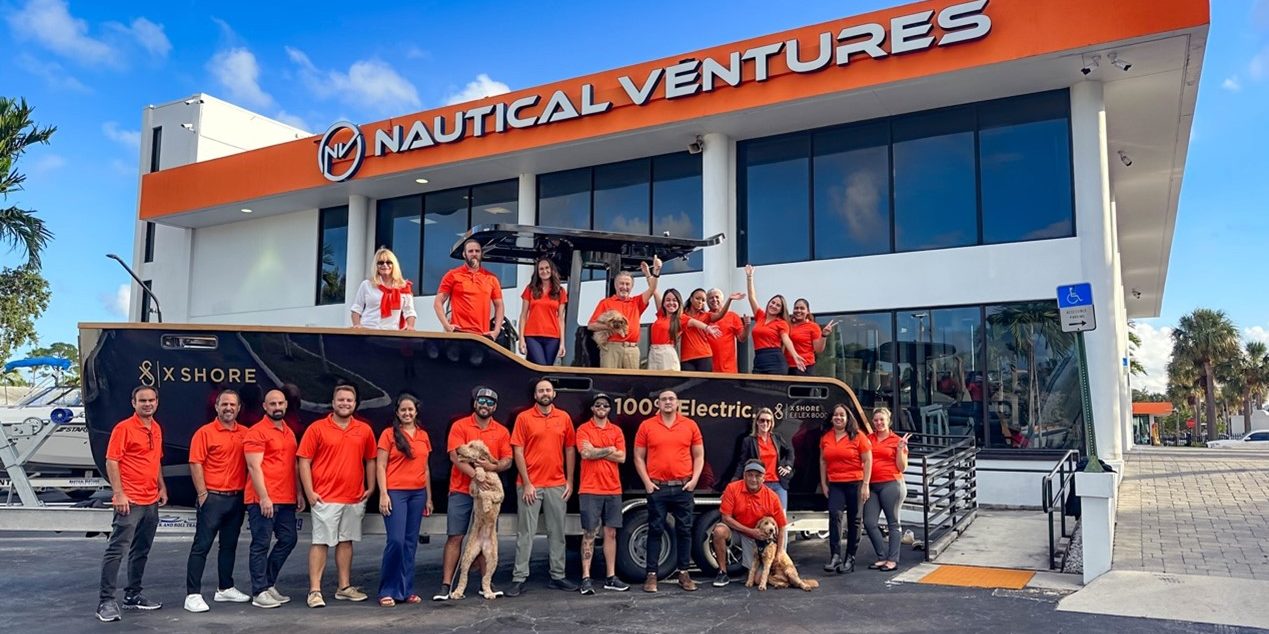Staff are customers too
The way employees are treated has a big impact on sales.
Top-notch dealers treat their customers well. From the moment a customer arrives, the successful dealer employs cutting-edge sales tactics, recommends innovative financing and offers conscientious customer service.
Dealers put on a great show for their customers. Behind the scenes, however, the picture looks quite different. While prospective boat-buyers are wined, dined, and danced all the way to the closing table, employees in some cases are treated like second-class citizens. Since many employees buy boats themselves and see customers outside of the dealership, employers should seriously consider the following questions:
Does the way employees are treated affect customer sales?
Are dealers missing a key sales opportunity with their employees?
If customers could peek behind the scenes, would they still buy a boat?
The following examples are true stories. The subsequent effects listed, though reasonable, are speculative.
The manager of Dealership No. 1 approves all decisions with regards to final sale price, terms, trades and commission structure. On two occasions a customer comes into the dealership on the sales employee’s day off. The manager knows his employee has been working with them but sells the boat at a lower price than he previously told the employee. Both customers buy a boat, the manager keeps the commission.
Anticipated Effect:
The relationship between employee and manager is irreparably damaged. The employee’s reputation for price negotiation is hurt when customers tell others the manager gives a better deal.
Recommended practice:
Pricing structure guidelines should be the same for every employee regardless of position. Sales commission policies need to be fair and applicable to all salespersons.
Dealership No. 2 moves to a new location adjacent to a marina, hires a salesperson and adds a new high-end boat brand four months later. The owner fires his sales person seven months after hiring him, just before the slow season, claiming his sales aren’t up to expectations. The employee later learns the same thing happened to another salesperson at the previous location.
Anticipated Effect:
Customers question the owner’s ethics as an employer, and also question his ethics in sales, pricing and warranties. Customers who had developed a relationship with the employee find his new location and buy boats there.
Recommended Practice:
Involve the employee in setting achievable sales goals that take business issues such as change to location or product mix into consideration. If you’re going to hire just for the busy season, be upfront.
A long-time boat dealer extends certain privileges to not only his sales people, but other employees as well. Perks include use of the owner’s boat and condo in Florida, use of company-owned slips when not in use by customers, and periodic use of a demo boat for employees who don’t own one.
Anticipated Effect:
Customers engage employees as fellow boaters who enjoy and use the products they sell. Employees learn about and promote the products based on their own personal experience.
Business Advantage:
Gain additional advertising by putting more products on the water. Employees who engage the products on their own time tend to be loyal.
Successful dealerships put a strong emphasis on treating employees with the same care they give customers. Bill McGill, chairman, president and CEO of MarineMax told Smart Business Network “You’ve got to have team members that believe in what you’re doing and understand this thing called boating and really have a passion for it. There’s no substitute for that. Because guess what? Our customers pick up on it immediately.”




